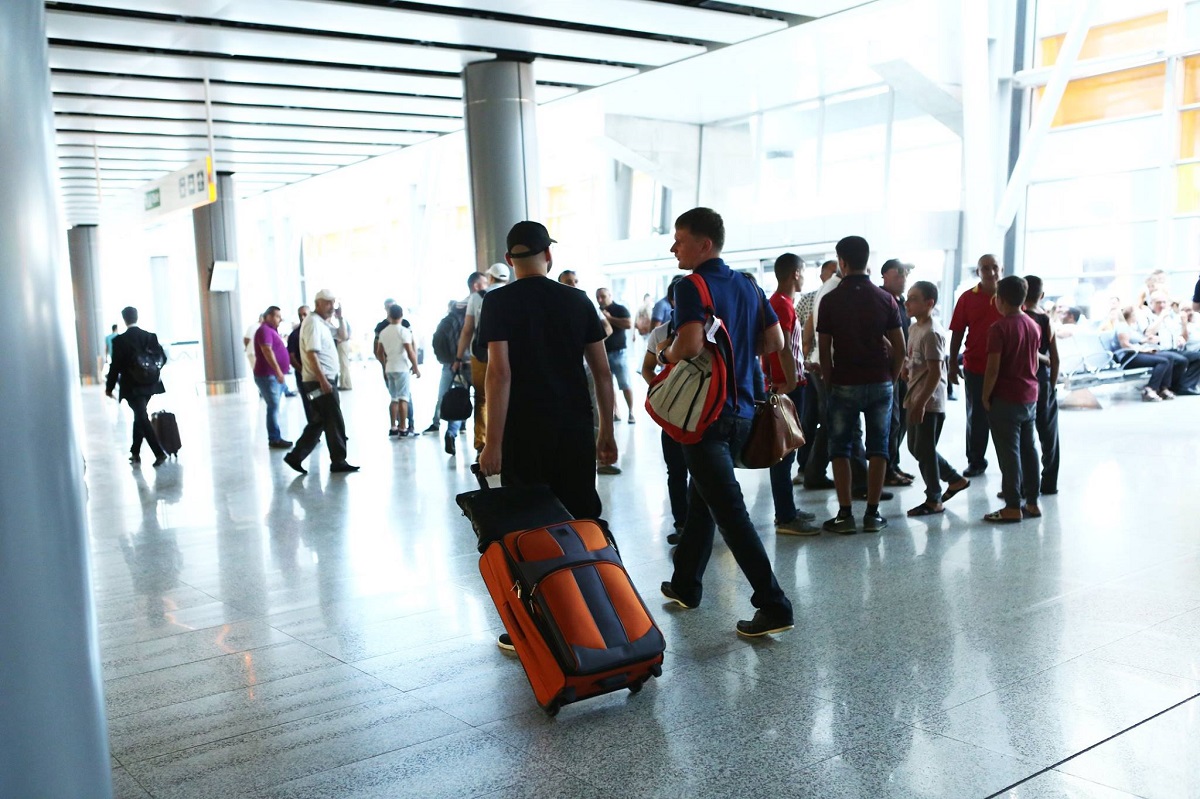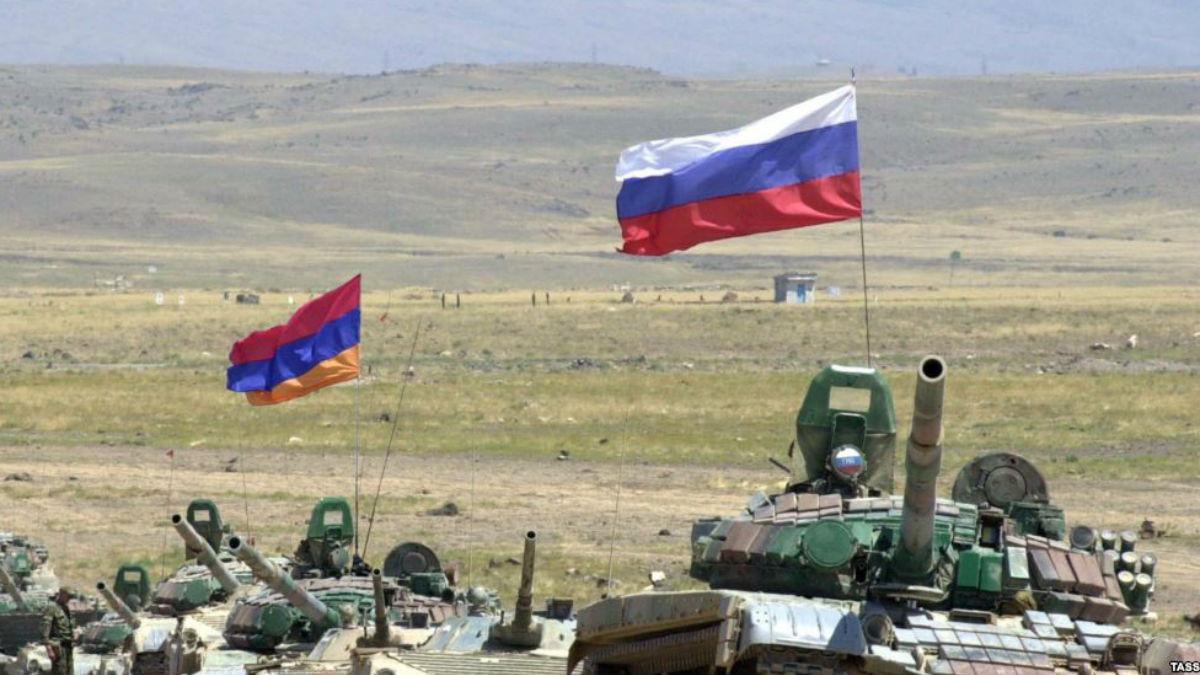Inflation in Armenia and Russian migrants
Inflation in Armenia
Marietta, 84, has over 40 years of work experience and now receives a pension of 57,000 drams [about $145], which is a lot compared to her peers. But it is still not enough for a normal life.
“Everything has risen in price, there is no money left ten days after receiving my pension, you have to borrow every month. A pensioner should receive at least 100,000 drams [about $255] in order to live modestly, not get into debt and not become poor,” she says.
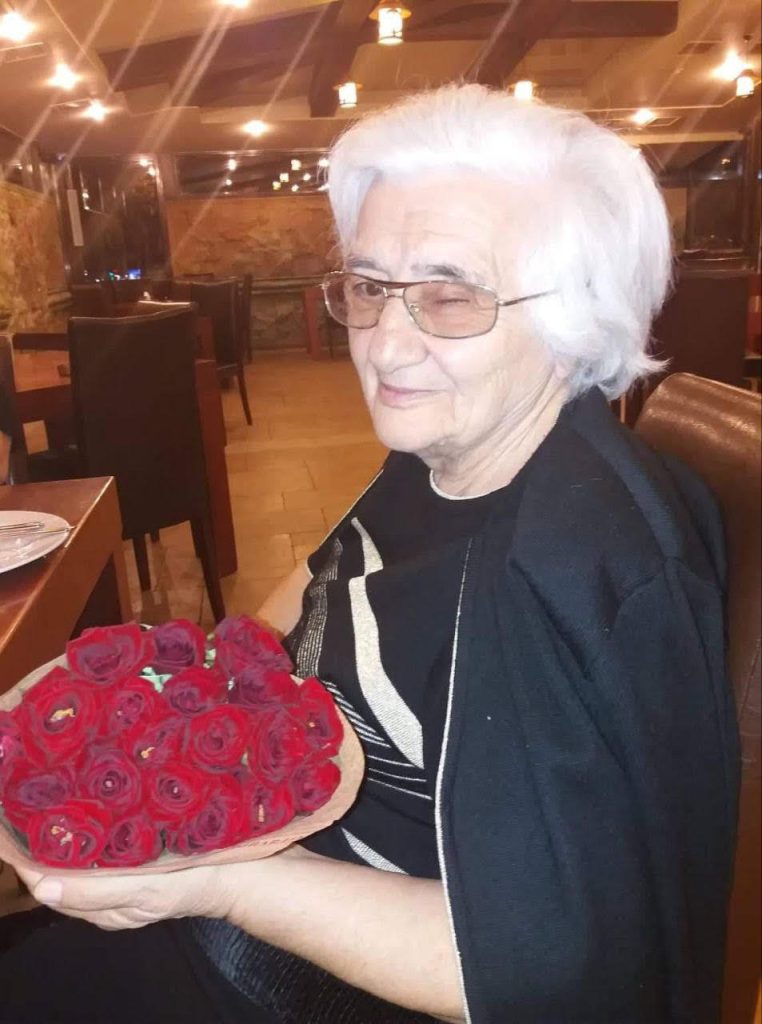
Marietta pays 10-15,000 drams [about $25-38] monthly for utilities alone, and even 40-45,000 drams [about $100-115] in winter.
Economists say the increase in Marietta’s spending is due to inflation in Armenia, fueled by Russia’s war in Ukraine and the influx of tens of thousands of Russian citizens.
This influx of people has naturally led not only to a significant increase in economic activity, but also created a number of problems, especially for socially disadvantaged groups.
Inflation in Armenia in 2022 stands at 9.9%, compared to 7.7% last year.
A significant increase in demand has caused an increase in inflation in food, real estate, rent, restaurants and hotels, beauty salons, taxis, financial and postal services. Due to the massive influx of foreign currency into Armenia, the value of the dollar and the euro has decreased, which also causes a number of problems.
According to the Central Bank, in August $472,283,000 were transferred Armenians from abroad. This is about 2.5 times higher than in the same month last year. In January-August this year, $2,910,000,000 has been transferred to Armenian accounts in total.
- How Armenians and Azerbaijanis swapped homes
- “Talking about opening Russian schools in Armenia is a form of pressure.” Opinion
- Second influx of Russians into Armenia: risks for a small country
- How an Azerbaijani, an Armenian and a Georgian met in Berlin, or the Dolma Diaries movie
Inflation in Armenia and housing issue
28-year-old programmer Gurgen also receives transfers from abroad. The devaluation of the dollar has significantly affected its income. From the conversion of earnings into drams, he now suffers about a 20% loss compared to last year.
In addition, he rents an apartment and now has to pay 200,000 drams [about $510] in monthly rent, while last year it was only 160,000 drams [about $400].
The owner of the apartment set a condition: vacate at the end of the year or pay more.
A comment
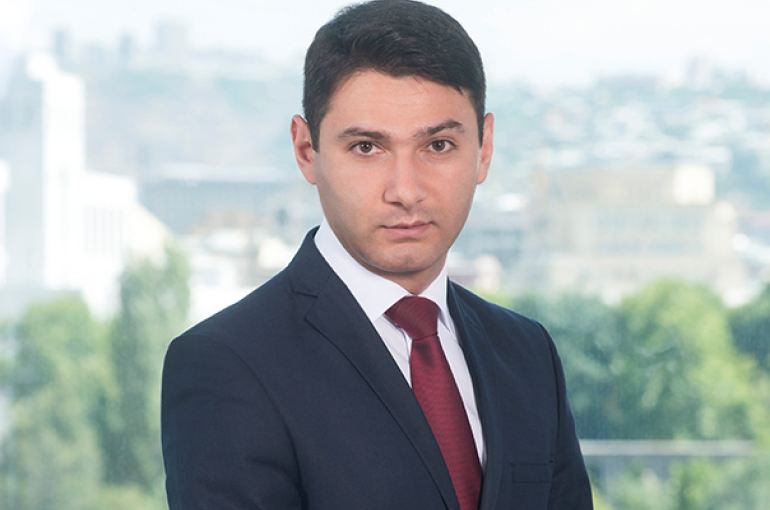
Economist Haykaz Fanyan in an interview with the Trajectories. people. stories. conflicts”
“The huge increase in demand in the rental market was a shock, and its consequence is increased inflation.
Landlords do not make formal agreements with tenants and are not bound by any obligation to them. And often they simply demand that renters either pay much more than was originally agreed or leave the apartments. Then they rent them out at a higher price to visitors from Russia.
There is also a huge difference between supply and demand. The accommodation of 50-60,000 foreigners should not seriously increase the burden on Armenia, which has a population of about three million people. But the number of rental apartments in the country has always been limited, and when demand increased, prices rose significantly.”
According to the Armenian Migration Service, about 780,000 Russian citizens arrived in the country since January, 2022. During the same period, 740,000 people left Armenia. In September alone 132,000 people arrived with Russian passports. The first influx began in the spring, immediately after the start of the Russian invasion of Ukraine. The second after the announcement of partial military mobilization in Russia on September 21.
After the September influx of Russians, 36-year-old Sevak faced a difficult social problem. He has been living in a rented apartment with his wife and child for four years, but the owner decided to double the rent, and Sevak had to vacate the apartment.
The same fate befell his neighbors who moved from the unrecognized NKR to Yerevan after the 44-day war. Russians paying much more for rent are already living next door to Sevak.
In addition to rent, Sevak pays a large amount monthly as a mortgage for an apartment under construction, and this has also increased the interest rate. Meanwhile his income has decreased, so his salary is composed of dollar and euro transfers.
REFERENCE
Compared to the beginning of 2022, the exchange rates of the dollar and the euro have declined sharply.
A dollar is now bought for about 400 drams and sold for 406, while in March it could be bought for 503 drams and sold for 513 drams.
The euro depreciated even more; now it is cheaper than the dollar.
The highest exchange rate in October was 390 drams per euro, while to sell was 411 drams.
Before the war in Ukraine, the exchange value of the euro was 551 drams.
The state is taking certain steps to mitigate the social problems of the population. The minimum monthly wage will increase starting January 1, 2023 from 68,000 drams [about $172] to 80,000 drams [about $203].
The size of the minimum pension has already increased since September 1, although the increase is very small: 30,500 drams [about $77] instead of 28,600 [about $72] .
The increase in pensions has not fully compensated for the damage caused by inflation in Armenia. If you divide the minimum pension by all days in a month, you get 950 drams per day [about $2.5], which can only buy bread and eggs.
“The pension is not enough even for food, never mind anything else”
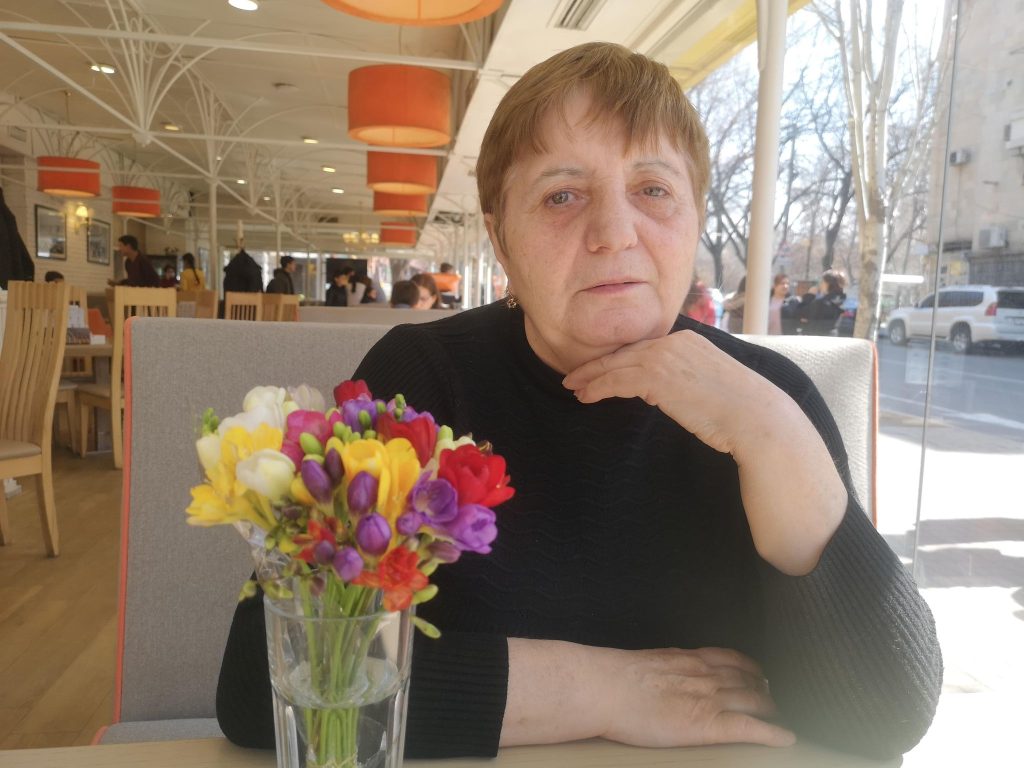
71-year-old Zemfira’s pension is 68,000 drams [about $173]. Her daughter Narine is a journalist and works for a news website.
Narine says that most of her salary goes to paying off loans, and the rest is barely enough to commute to work.
Zemfira buys her own home products. She compares spending to previous years and complains that the prices of cheese, butter, meat and cereals have risen markedly. Zemfira says that she and her daughter cannot afford to buy meat.
“The pension is not enough for food and utility bills, not to mention buying clothes and shoes, which have also risen in cost. Utility bills have also increased. It’s winter and of course we are using more electricity and gas. Can we bear such expenses?” she asks.
The costs of consumer goods have also risen as a result of the war in Ukraine, no less than housing. According to official data, in the second quarter of 2022, consumer goods at average current prices were 82,198 drams [about $210], while in the first quarter this was 76,299 drams [about $194].
Marietta, Zemfira, Gurgen and Sevak all say that the state should pay more attention to society. The rental market must be regulated so that housing prices do not soar due to each wave of migration. Marietta and Zemfira suggest that pensioners’ utility bills be subsidized during the winter months.
Economist Haykaz Fanyan says that in 2023, 648.5 billion drams [about $1.6 billion] will be spent on social protection from the budget, which in his opinion is not enough.
“In general, it seems that the state is running after the fast-moving train of inflation in this matter and cannot catch up with it,” he says.












